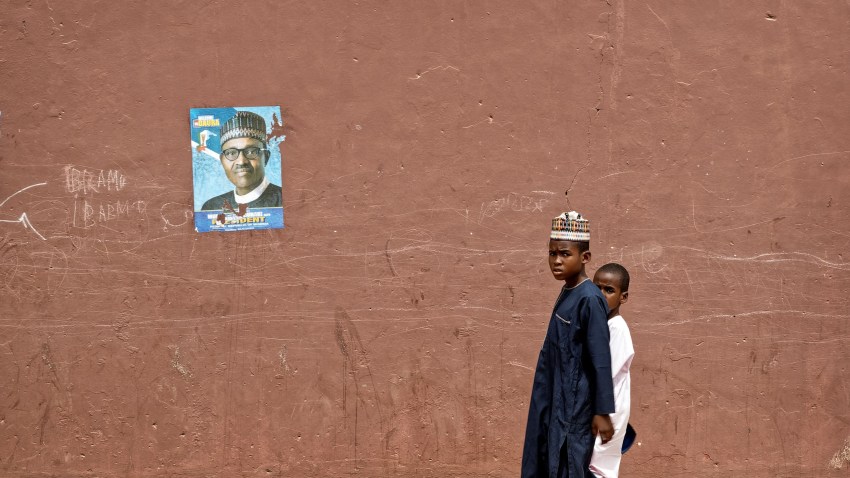This weekend’s African Union leaders’ summit in Addis Ababa, Ethiopia, will be Nigerian President Muhammadu Buhari’s final one ahead of his departure from office in May. Many eyes in Addis Ababa will likely be on the outgoing president of Africa’s most-populous country and largest economy, amid the frenzied anticipation to see who will emerge from next weekend’s presidential election as his successor.
Haunting Buhari’s final AU summit, and his last months in office, is a grim reality: Nigeria’s continued decline as a continental power. Nigeria today is a far cry from what it was two decades ago when the AU was formed as a successor to the Organization of African Unity. Then-President Olusegun Obasanjo played a central role in the processes that established the AU and other key initiatives that were identified by the continent’s leaders as necessary to improve on the weaknesses of the OAU.
Since Obasanjo left office in 2007, however, a combination of the departure of many seasoned statesmen and diplomats from public office and internal security challenges has decreased Nigeria’s role and importance in continental politics.

